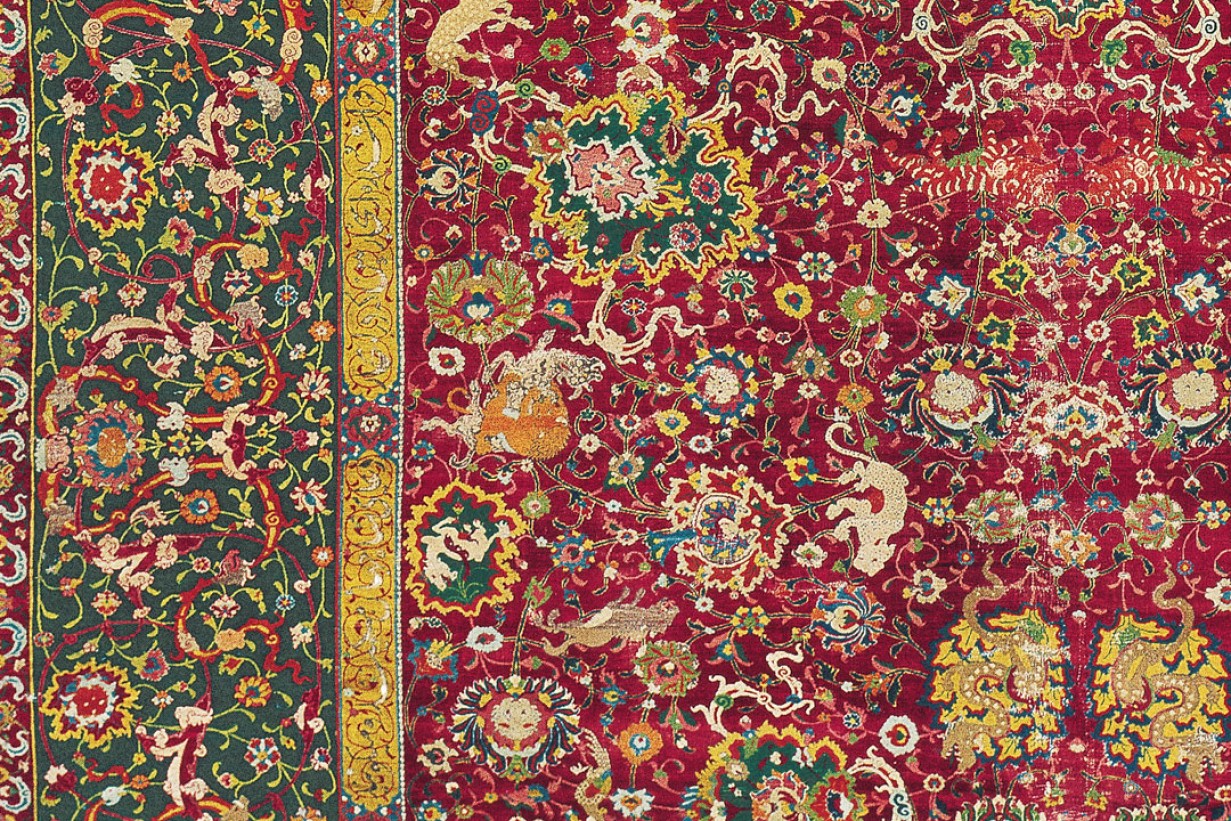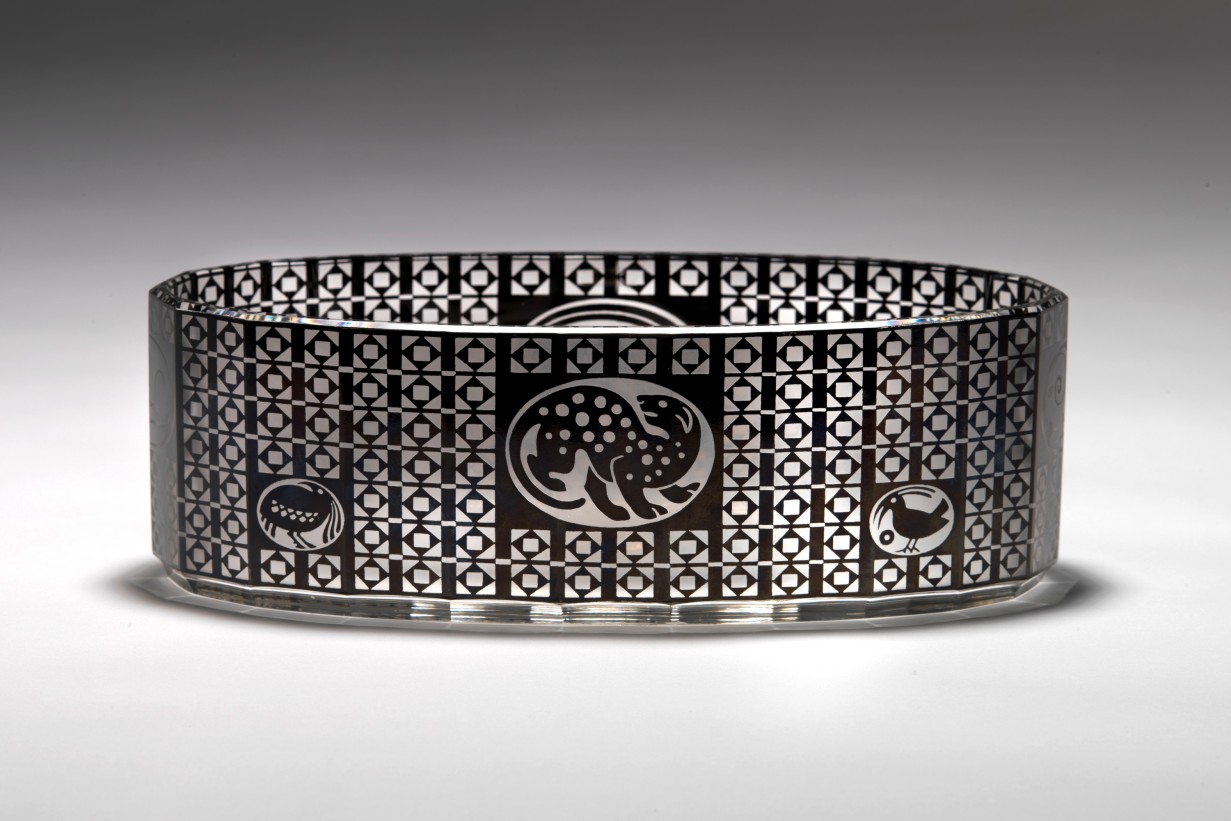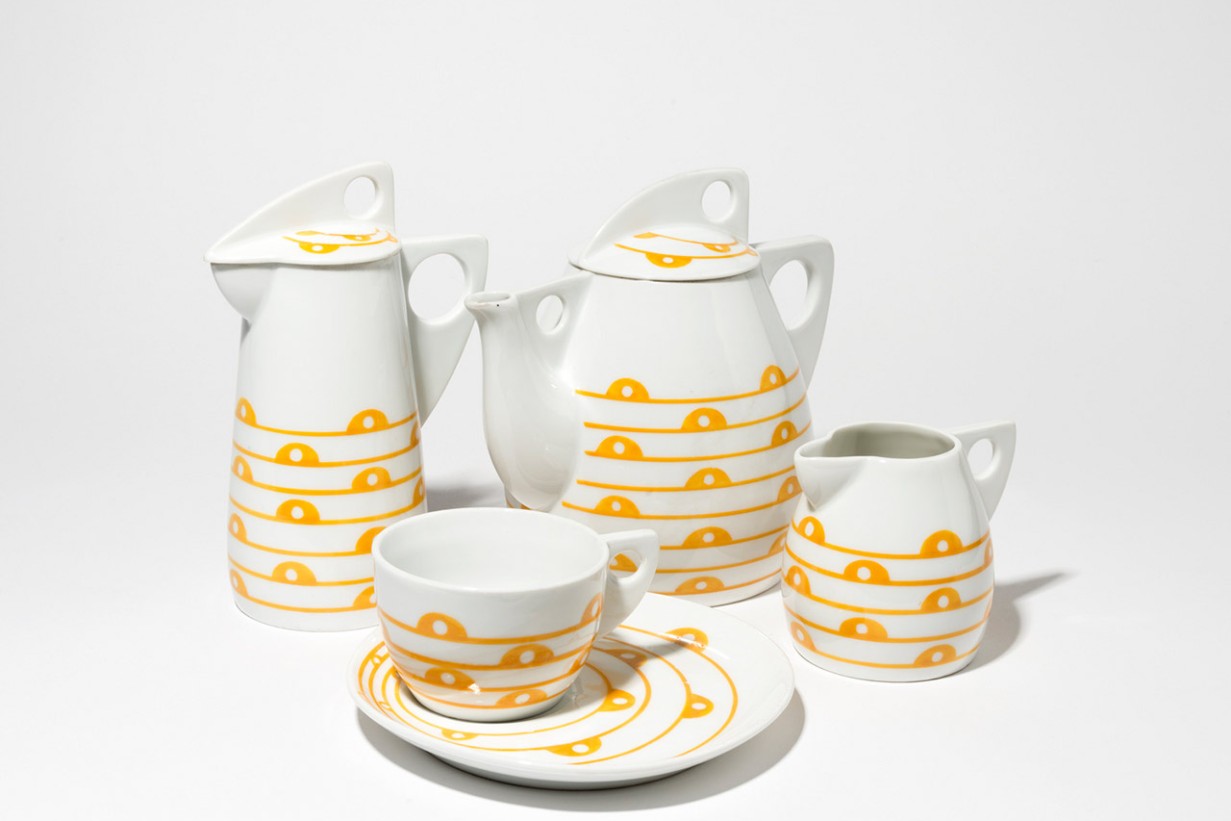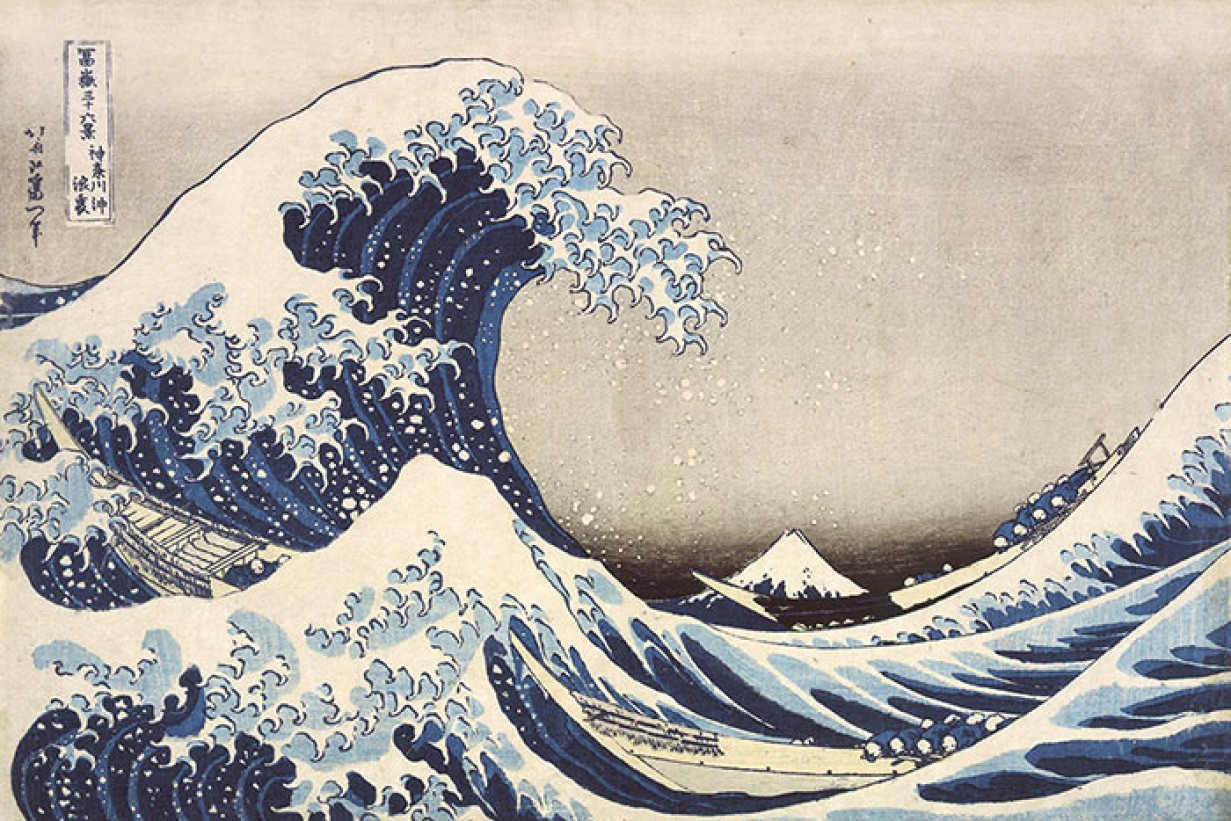
Collection policy influenced by colonialist aspects?
Oriental Museum, Trade Museum, Museum of Art and Industry and their collection strategies (working title)
Project Duration: 1.9.2022 – 31.8.2023 (Part 1 of 3)
The research project sponsored by the Federal Ministry for Arts, Culture, the Civil Service and Sport (BMKOES) in the framework of the focus area “Colonial Contexts of Acquisition at Federal Museums” is divided into three project sections. Together, they pursue the goal of tracing aspects of the collection history of the MAK (previously Imperial Royal Austrian Museum of Art and Industry) that have been influenced by issues relating to colonialism. The focus lies on the period from the founding of the museum (1860s) to the early 20th century, when the holdings of the “Oriental Museum” or “Trade Museum” were integrated into the MAK Collection.
Being examined is the provenance or history of objects that were acquired at the 1873 Vienna World’s Fair for the Imperial Royal Oriental Museum in Vienna founded in 1874 (in 1887 renamed Imperial Royal Austrian Trade Museum). They found their way into the collection of the MAK through the director of the respectively relevant museum, Arthur von Scala, when he assumed the direction of the Museum of Art and Industry in 1897. The focus is also on the following additional aspects: what significance or role model function did Britain have as a colonial power with the first museum of applied arts in the world, founded in 1852, namely the South Kensington Museum in London (today: V&A)? To what extent and in what form were objects from the non-European cultural sphere traded in the context of the economic and cultural-ideological colonialism of Austria? What strategy did the Oriental Museum, the Trade Museum, and the Museum of Art and Industry pursue as actors within the system? These questions are being examined with particular reference to Chinese and Indian museum objects. In addition to the analysis of diplomatic (trade) networks, the role of state-subsidized missions or expeditions will be addressed in this context. Another theme of the research project is the role of colonial objects as role models for Austrian applied arts as of the second half of the nineteenth century.
Project Manager: Rainald Franz (Curator, MAK Glass and Ceramics Collections, Cross-Collection Coordination and EU Projects, Provenance Research and Restitution)
Lara Steinhäußer (Curator, MAK Textiles and Carpets Collection)
Mio Wakita-Elis (Curator, MAK Asia Collection)
Scientific Assistance: Alexandra Nachescu
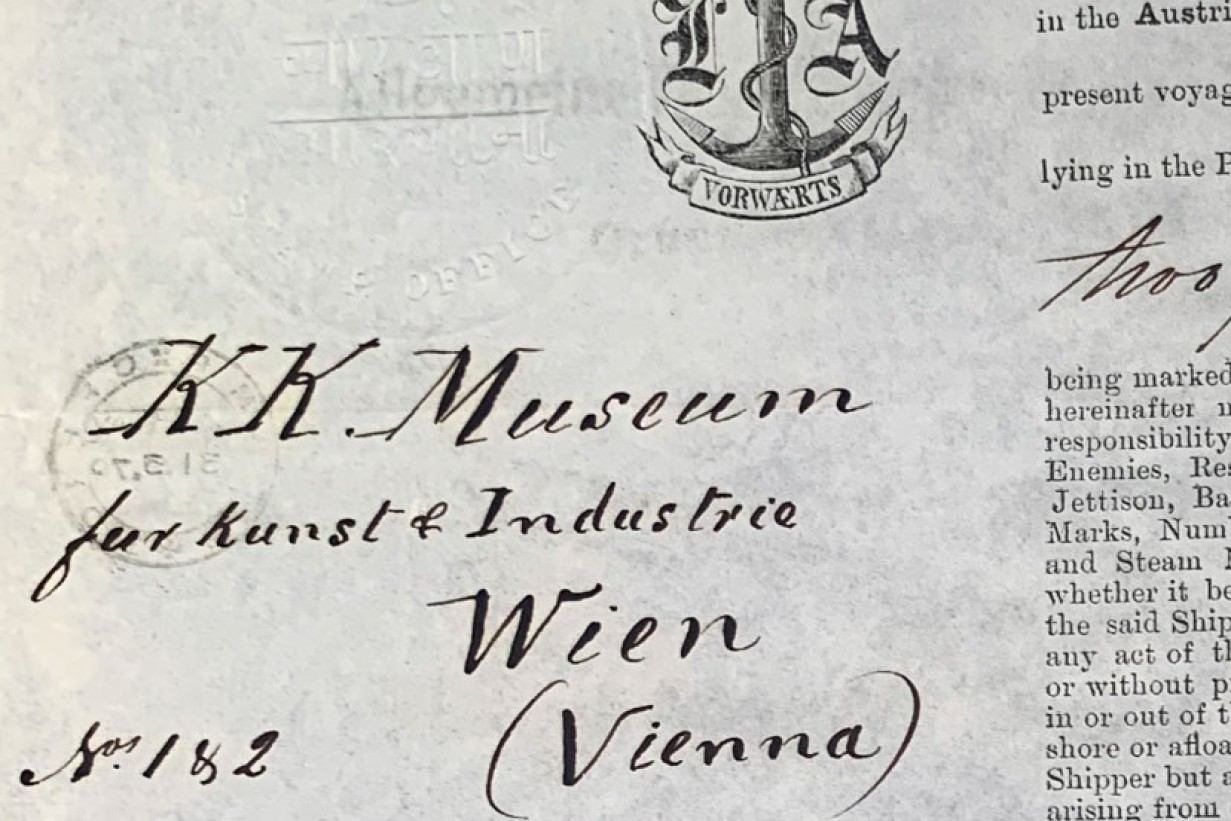
Previous Image
